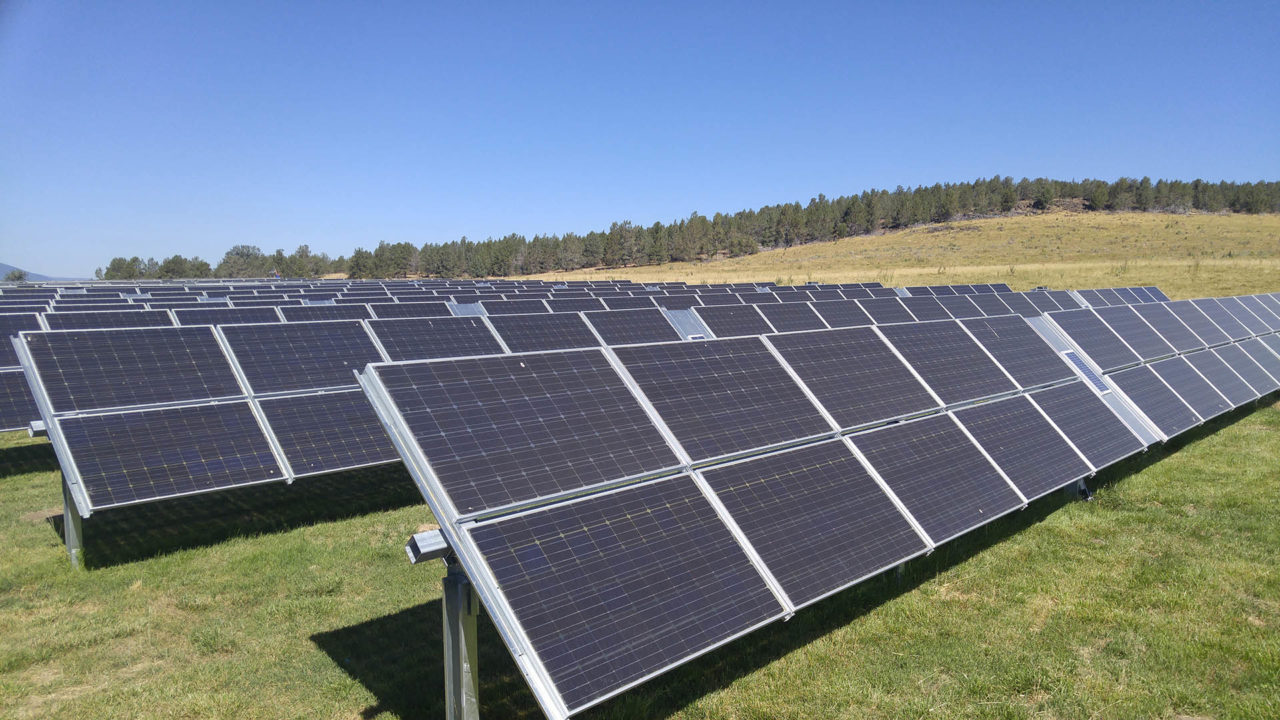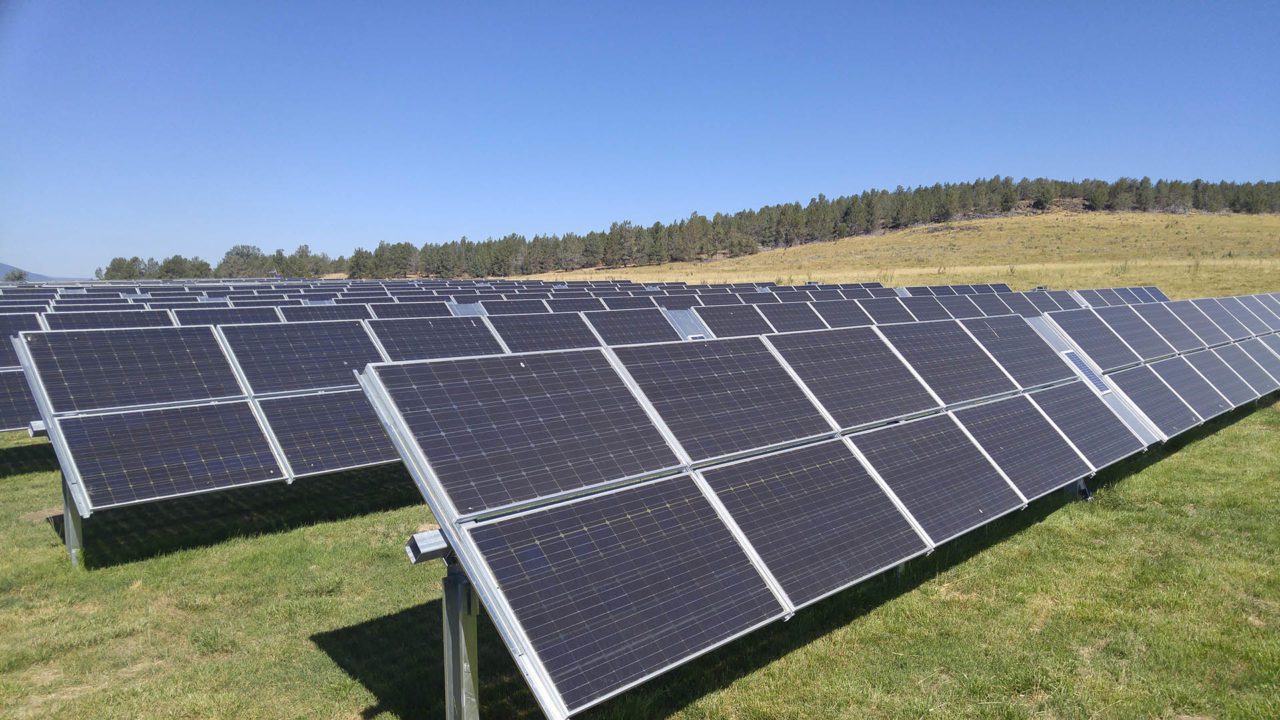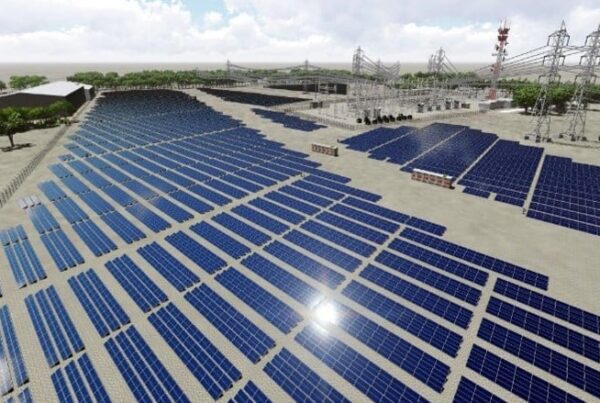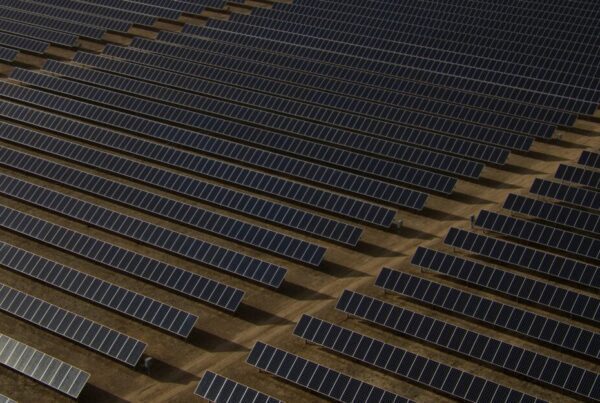
Silfab is aiming to add 1GW of cell production capacity, plus 1.3GW of module production capacity, by the middle of next year. NorSun, meanwhile, is looking to build a 5GW ingot and wafer production facility in the US, and all of these projects could be crucial steps in building a functional US solar supply chain.
“We are very pleased to enter into this agreement with Silfab and share the long-term ambition to build a competitive western PV value chain,” said NorSun CEO Erik Løkke-Øwre. “The agreement with potential significant volumes fits well with our strategy to enter the U.S. market and to expand the NorSun production capacity.”
The deal follows considerable investments made into the US solar sector by both companies. In 2021, Silfab opened its second production facility, in Washington state, which increased its US production capacity to 800MW, and the company plans to begin commercial operation at a third project, which will have a module capacity of 1.2GW, next year.
Similarly, NorSun increased its total production capacity to 1GW in 2019 following the completion of a NOK230 million (US$21.6 million) funding round, and both companies are now keen to expand their capacity further in the US.
New additions to the US solar supply chain have been considerably encouraged by the passing of last year’s Inflation Reduction Act, which has encouraged companies to develop solar manufacturing capacity in the US so the US solar sector can reduce its reliance on imports from China. While some have suggested that many of the benefits will be more acutely felt from 2024 onwards, Silfab and NorSun’s announcement is an important demonstration of the growing interest in US solar development.
The news also follows the publication of an encouraging report from the Solar Energy Industries Association and Wood Mackenzie, in which the authors expect the US solar sector to add 32GW of new capacity in 2023, which would be the most in a single year in history.





